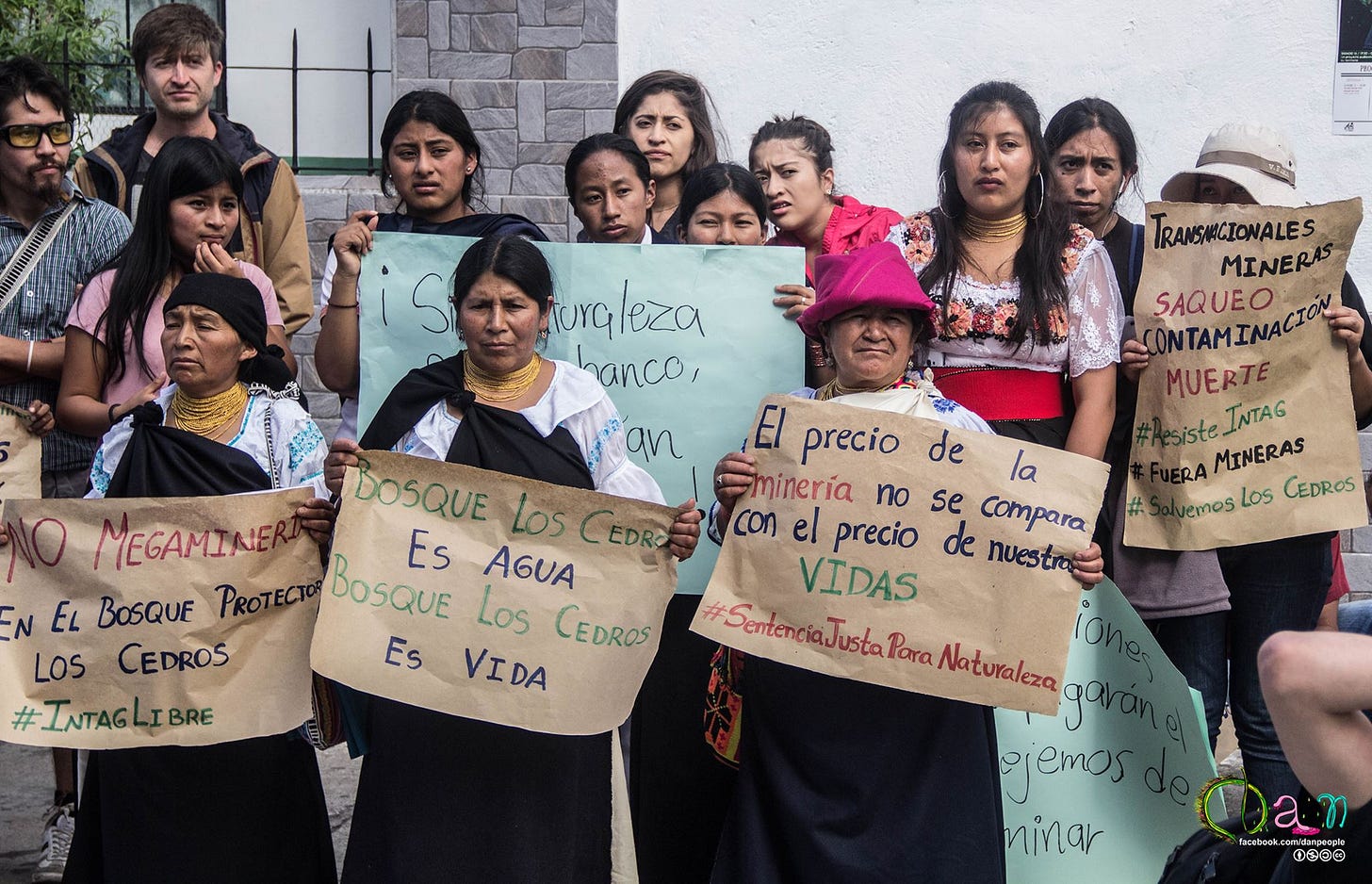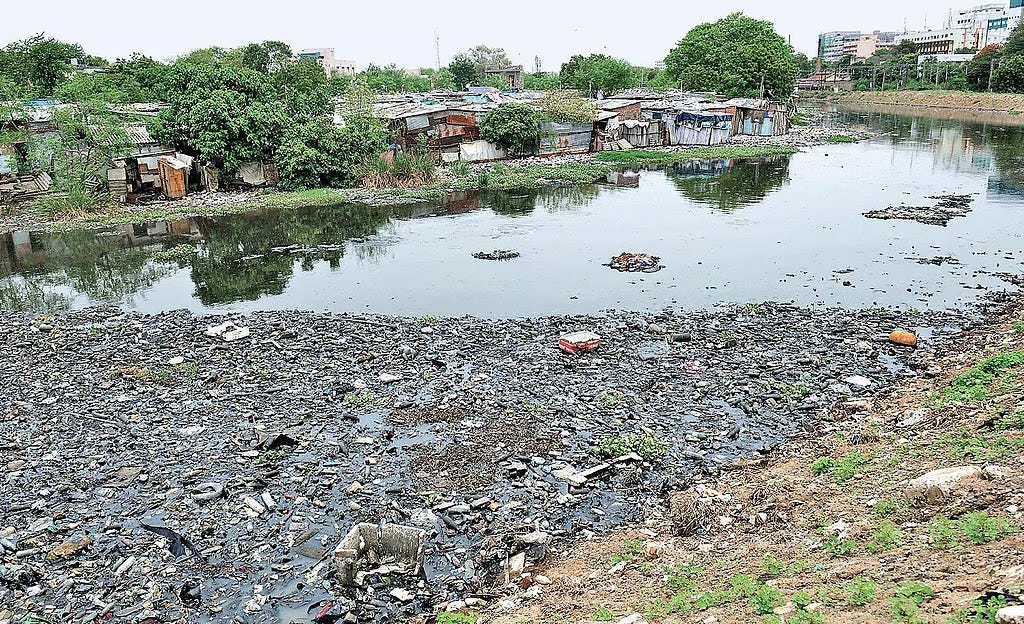I eagerly bought a new book by Robert Macfarlane, entitled “Is A River Alive?” I’d already been through two of his earlier books, “Underland” and “The Old Ways.”
“Underland” is a set of essays about the unknown worlds beneath our feet. One such world is the vast root networks that connect trees in forests. The root networks convey information and resources. Another is the inside of mountains in Italy used by the anti-fascist resistance in World War II. Still another is about the urban caving culture of Paris, France, ‘caving’ here meaning the exploration of vast tunnel networks under the city. Abandoned layers of other cities lie below the surface as well. The stories about crawling through tunnels scarcely wider than a couple of feet are hair-raising and unforgettable. He writes of caving in the literal sense as well.
“The Old Ways refers to journeys by foot or boat, from points A to points B in Great Britain, usually over uninhabited or sparsely inhabited paths.
“Is A River Alive” is about the ongoing ecocide of the world’s rivers and lakes. It’s heartbreaking, though there are also stories of how such environmental atrocities are being resisted, sometimes at great personal risk, and even reversed. Ecocide is a slow-motion thing, accumulating destructive force over years.
It is worth keeping in mind that ecocide is prior to genocide. Human well-being depends on the sustenance of natural environments. This is especially true for indigenous peoples, who play big roles in Macfarlane’s books. Our usual accounting systems fail to reflect the full costs of development, nor does “GDP” measurement.
Another naturalist book I got into recently was “Arctic Dreams” by Barry Lopez. Most of it recounts his adventures in Canada’s frozen north. Here an unforgettable bit is the danger of verging out on an ice sheet that seems to stretch out of sight in every direction. The risk is that the piece you’re tramping over could break off and drift into impossibly vast, freezing waters, towards Greenland. You might not even know it happened until it was too late to get back to solid ground. Nobody would find you. You’d be a goner.
My wife asked why I read books about Nature, since, says she, I hate it. I don’t hate it, I just don’t want to be in it.
Macfarlane speaks of environmental activism towards establishing the legal rights of things like rivers. Then it becomes possible to bring suit to prevent their destruction. This has actually worked in a number of places. The Right likes to reduce such concerns to the fates of tiny animals, and we could imagine what their ignorant representatives would make out of legal personhood for a marsh (N.B. corporations are legal persons too), but Macfarlane makes clear that all such habitats reflect a great network, an abundance you might say, of Life. There is a solid scientific basis for animism. For Christianity or Judaism? Not so much.
The author weaves the politics at stake into his personal journeys through endangered or wounded lands. One of the outrageous pieces is how international “trade deals” and the complicity of the International Monetary Fund, catspaw of the U.S. State Department, are used to ravage the natural resources of the Global South, as in Ecuador, below. We can thank Bill Clinton and Robert Reich for that.
Under certain circumstances, rivers can come back to life, since their clean water sources could be undisturbed. Macfarlane reports that every river and lake in his native Great Britain has been ruined, both for potable water and for wildlife.
There are three principal sections. The first is about Los Cedros in Ecuador, a river in remote jungle threatened by mining that utterly ruins the land, defended by folks like these:
The second is about the Indian city of Chennai, home to millions and the destination of rivers that have become slow-moving garbage pits, swelled with toxic sludge.
But here in Ennore Creek (in Chennai, India — MBS), people have been deprived of the ability to dream. At one meeting we held, when I asked what they would want for the future, a villager replied “We’re all getting cancer. It would be nice if we just got asthma.”
The third is about the havoc wrought by hydroelectric projects in Canada. The author journeys into Canada’s remote north, tracing the source of rivers being ruined by hydro-electric projects to feed electricity to Montreal and Quebec. As with the Lopez stories, you can get into serious trouble if you miscalculate the time it takes to get to safety compared to the supplies you bring with you. There is lost, and there is Really Lost. Nobody would be able to find you. It doesn’t help that Macfarlane reveals himself to be a lover of risk, choosing in a kayak to brave ferocious rapids he has no business navigating. Isn’t that selfish, taking a chance that would burden his much more capable traveling companions?
The author hooks up with some characters who live seriously off the grid. I became interested in this idea after watching the movie “Into the Wild,” about a young man who resolves to live off the land in the Alaskan wilderness. He dies after eating a poisonous plant he has mistaken for an edible one. He is so off track that he is unable to return to civilization and medical care. Along the way he visits several off-grid communities. I doubt I could go off-grid myself; I like my creature comforts too much, and I am too curious about what goes on around the world. I need broadband and my books.
Ecocide is prior to genocide. Write it down. I seem to recall a bit in Engels’s “Socialism: Utopian and Scientific”that notes the growing, dynamic productive forces are confounded by the dysfunctional relations of production, leading to anarchy in both economic and natural systems. Contrary to Marx and Engels, it does not look likely to unwind of its own accord, but they sure nailed the underlying problem. By contrast, economics as ordinarily taught, including by myself, mostly confines itself to surface phenomena.
Maybe I should have stuck with biology. My adolescent aspiration was medical science. In freshman bio, at Rutgers, I was faced with an impossible mountain of stuff to memorize and an army of dudes willing to study endlessly in order to get into medical school. I left all that for English lit.





in my 60s, i now count myself as quite lucky to have experienced camping and hiking and skiing without serious risk or the need to be that remote, in the clean, beautiful wilderness with nobody in sight.
RE: Under certain circumstances, rivers can come back to life, since their clean water sources could be undisturbed. Macfarlane reports that every river and lake in his native Great Britain has been ruined, both for potable water and for wildlife.
My impression is that things are better in the USA; some rivers have come/are coming back to life. I live on the Connecticut River, which was described in the mid-20th century (before the Clean Water Act) as America's most beautiful open sewer. I swim in it regularly (during the summer only) and it is now a source of drinking water for millions.
https://ecori.org/connecticut-river-took-long-journey-from-cesspool-to-nations-only-blueway/